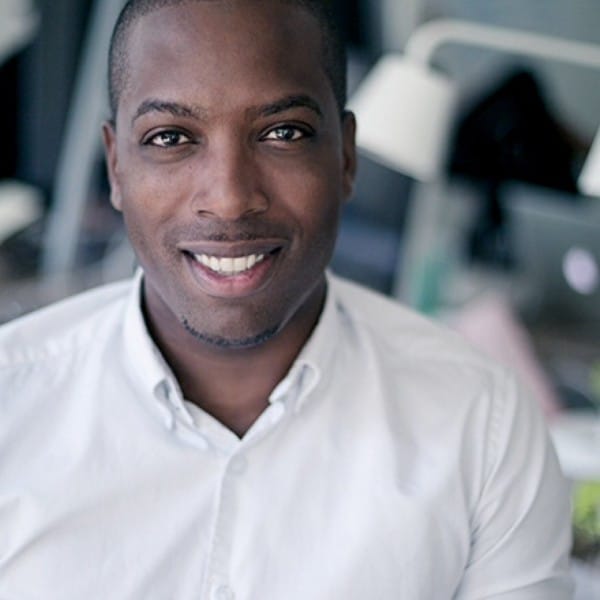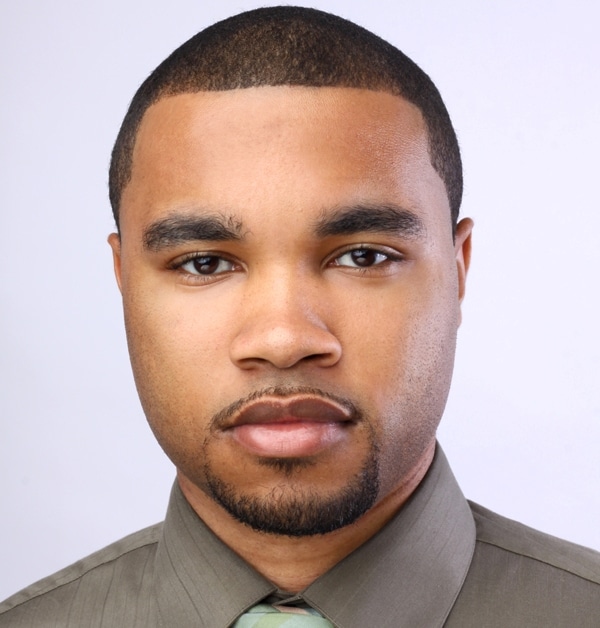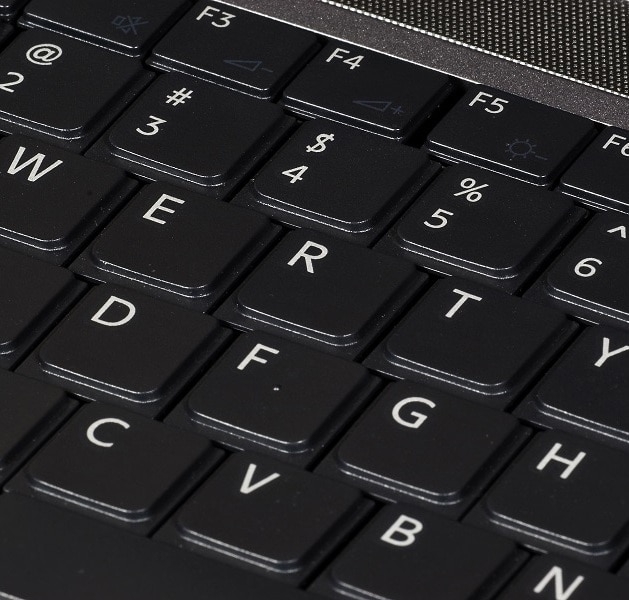So, you want to be an entrepreneur? Well, like most things in life, it’s not for everybody. There’s a quote that says, “Entrepreneurship is living a few years of your life the way most people won’t, so you can spend the rest of your life living the way most people can’t,” and for the most part that’s true.
Since entrepreneurship is not for the weak or the weary, we give you seven things to consider before you decide to make the plunge.
Be Passionate About Your Product
For some, it may be easy to work a 9 to 5 job that you aren’t passionate about, but if you’re an entrepreneur launching a product or service, how do you expect consumers or investors to be excited about your product if you aren’t?
As your own boss, you become the chief salesperson and your enthusiasm has to make others believe in you. Another reason you must believe in your product or service is because entrepreneurship has many peaks and valleys and you’re going to need determination to get you through unpredictable times.
Cleanse Your Social Media Profiles
Prospective employees are often told to clean up their social media profiles, but entrepreneurs must do the same especially when they are taking meetings with potential investors.
Sometimes it’s not enough to dress the part, you also have to take into account that people will check your Linked In profile, Facebook, Twitter and Instagram pages. You have to be mindful of the photos you post since they could be misinterpreted.
Have a 12-Month Plan
If you’re not organized or don’t like to plan, then entrepreneurship may not be for you.
Be prepared to write your business plan more than once and it will need to be looked over by professionals and trusted colleagues. Your 12-month plan should include your personal and business budget.
In the calendar section of your business plan, you need to include vacation, medical appointments and important events.
Know Your Finances
Finances are a large part of being an entrepreneur and you’ll need to take care of any outstanding debt before pursuing your goals.
Downsizing and creating a monthly budget are effective ways to pay off debt. As an entrepreneur you may not get your first paycheck for months, so you will need to have 12 months of savings to pay your bills.
Know That You Can’t Stop At Just One Product
An entrepreneur is essentially an innovator, and as an innovator, you have to keep, well, innovating.
This basically means that after you launch a product or service, you have to keep up the momentum and stay ahead of the innovation curve. To consistently develop products means that you’ll have to spend money. Companies rarely, if ever, survive with just one product.
Be Good at Making Decisions
If you’re indecisive or can’t make decisions without the input of others, you might want to rethink becoming an entrepreneur.
Entrepreneurs are responsible for the successes and failures of their businesses. They have to make decisions about working from home or leasing office space, hiring employees, targeting high-end clients or selling to the masses, advertising, borrowing money, using savings and more.
The decisions become more complex after employees are hired and the company starts succeeding.
Maintain Balance
Entrepreneurs don’t take days off and working nonstop often means neglecting your life outside of work, which can cause burnout and a subsequent decline in business.
While maintaining a personal life with family, friends and hobbies, you must also know how to limit distractions from entrepreneurial pursuits.
Balance is all about maintaining good health and mental welfare, while still working toward your goals.





